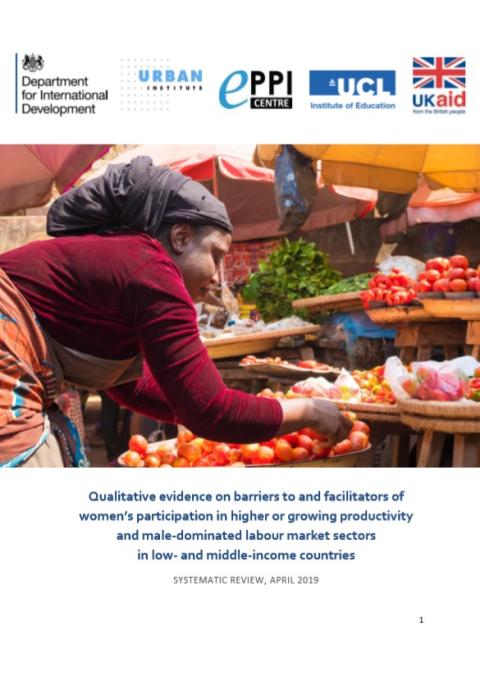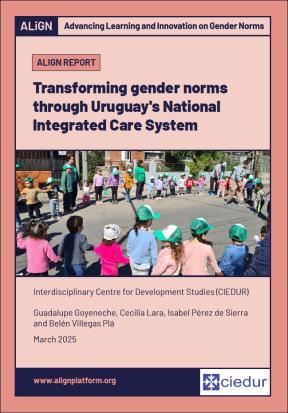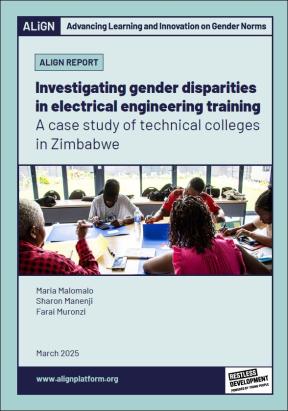- Report
- 1 avril 2019
Qualitative evidence on barriers to and facilitators of women’s participation in higher or growing productivity and male-dominated labour market sectors in low- and middle-income countries
- Author: H. Elizabeth Peters, Yasemin Irvin-Erickson, Shirley Adelstein, Ammar A Malik, Teresa Derrick-Mills, Alberto Valido, Dorothy Esplage
- Published by: DFID, Urban Institute, EPPI Centre, UCL IOE, UK AID

Key findings
This review is based on 18 studies exploring the barriers to and facilitators of women’s participation in commercial agriculture, trade and mining. Most of the studies focused on women who were very disadvantaged and struggling to meet a subsistence level. The studies were conducted in a wide range of countries, predominantly in sub-Saharan Africa.
The review found gender norms established by religious beliefs, tribal governance structures, and the history of communities create significant barriers to women’s economic empowerment and labour force participation in low- and middle-income countries, especially in higher productivity, male-dominated sectors. Lack of social networks, infrastructure, technology, education and training; laws and gender norms that restrict women’s access to resources; and gender discrimination can hold women back. Conversely, infrastructure, technology, cooperatives and social networks, training opportunities, rescinding restrictive laws, and prohibiting discrimination are recognised as conducive to women’s economic empowerment. Global macroeconomic forces and external events like war, conflict and environmental crises can operate as both barriers and facilitators – in some cases hurting women’s economic empowerment, but in others opening opportunities for women.
- Tags:
- Economic empowerment
Report
26 mars 2025

Report
20 mars 2025

Report
20 mars 2025
